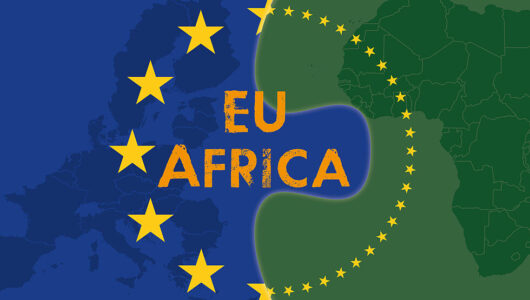Introduction to the Challenges
Both developed and developing nations face significant and interconnected challenges. In developed countries, especially in Europe, the aging population has created a shortage of young workers, placing immense pressure on social systems and limiting innovation. On the other hand, developing nations, particularly in Africa, struggle with high unemployment rates and inadequate vocational training, leading many young people to engage in unsafe practices or consider illegal migration to more stable countries. These challenges are compounded by weak social infrastructures and economic disparities, driving migration pressures and creating a global crisis that requires a collaborative and comprehensive solution.
Developed Nations
Developed nations, particularly in Europe, face growing challenges, including:



2. Developing Nations
Developing nations, particularly in Africa, are facing:



Efforts Made
Efforts have been made to address these issues over time, particularly by the European Union (EU):

Ongoing Efforts
Ongoing efforts continue to address both the challenges faced by developed nations and the root causes of illegal migration:

